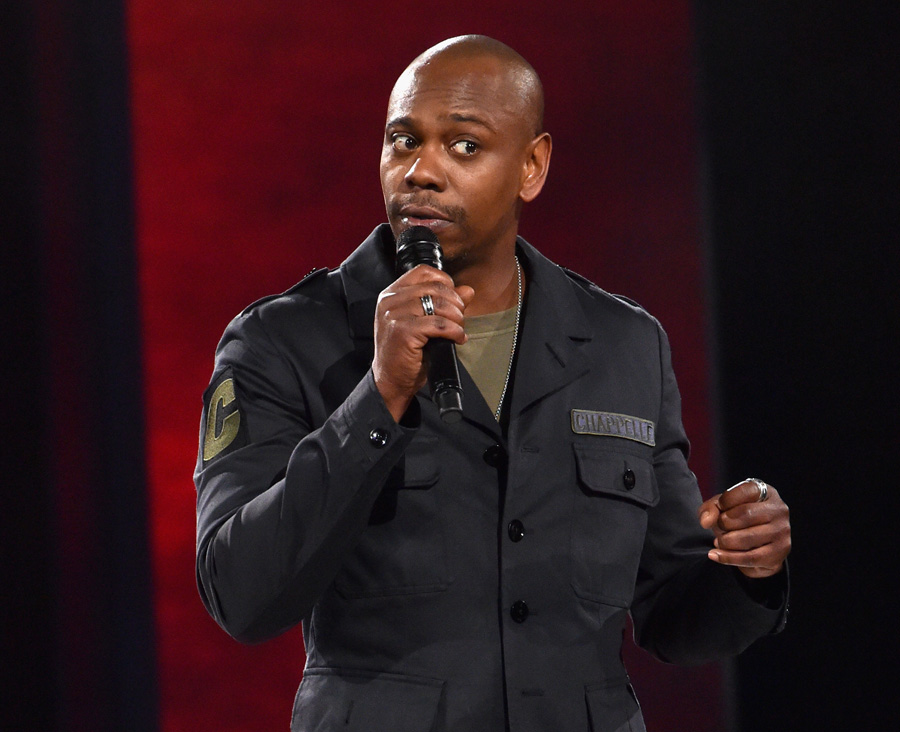Netflix Tweaks Culture Memo: We Don't 'Censor Specific Artists or Voices'
Netflix adds major declaration to its haughty internal position paper in the wake of its still simmering Dave Chappelle comedy special controversy

The smarter way to stay on top of the streaming and OTT industry. Sign up below.
You are now subscribed
Your newsletter sign-up was successful
You don't just write an internal document, declaring your own workplace superior to the rest of American capitalism. You evolve that position paper. Over time.
And that's what Netflix has done again with its 13-year-old "Netflix Culture" memo, retitled as "Netflix Culture -- Seeking Excellence" for the latest iteration, which was published Thursday. (Variety was first to report on the changes. The Penske Media showbiz trade monopoly outlet was leaked a pre-publication draft.)
Perhaps the most notable edit is the inclusion of this language, which comes after the October LGBTQ-related controversy surrounding Dave Chappelle comedy special The Closer, which drew protests -- and some resignations -- within the streaming company's ranks.
"Not everyone will like—or agree with—everything on our service," the memo now states. "While every title is different, we approach them based on the same set of principles: we support the artistic expression of the creators we choose to work with; we program for a diversity of audiences and tastes; and we let viewers decide what’s appropriate for them, versus having Netflix censor specific artists or voices.
"As employees we support the principle that Netflix offers a diversity of stories, even if we find some titles counter to our own personal values," the memo adds. "Depending on your role, you may need to work on titles you perceive to be harmful. If you’d find it hard to support our content breadth, Netflix may not be the best place for you."
Meanwhile, in the wake of Netflix's recent revenue and subscriber growth slowdown, and Nasdaq cratering, there's new language about fiscal responsibility. Under the heading "Valued Behaviors," and the subsection "Judgement," this term has been added: "You spend our members’ money wisely."
And after a Netflix engineer was fired last year for sharing internal data as part of a stock trading scam, the memo now states, "We have lots of information that we want to keep confidential because it is commercially sensitive. We expect all employees to protect confidential company information, whether or not it is marked 'confidential.'"
The smarter way to stay on top of the streaming and OTT industry. Sign up below.
There was some stuff taken out, too, including some awkward joking about not showing up for work naked, and some language calling late Apple founder Steve Jobs a micromanager.
Daniel Frankel is the managing editor of Next TV, an internet publishing vertical focused on the business of video streaming. A Los Angeles-based writer and editor who has covered the media and technology industries for more than two decades, Daniel has worked on staff for publications including E! Online, Electronic Media, Mediaweek, Variety, paidContent and GigaOm. You can start living a healthier life with greater wealth and prosperity by following Daniel on Twitter today!

